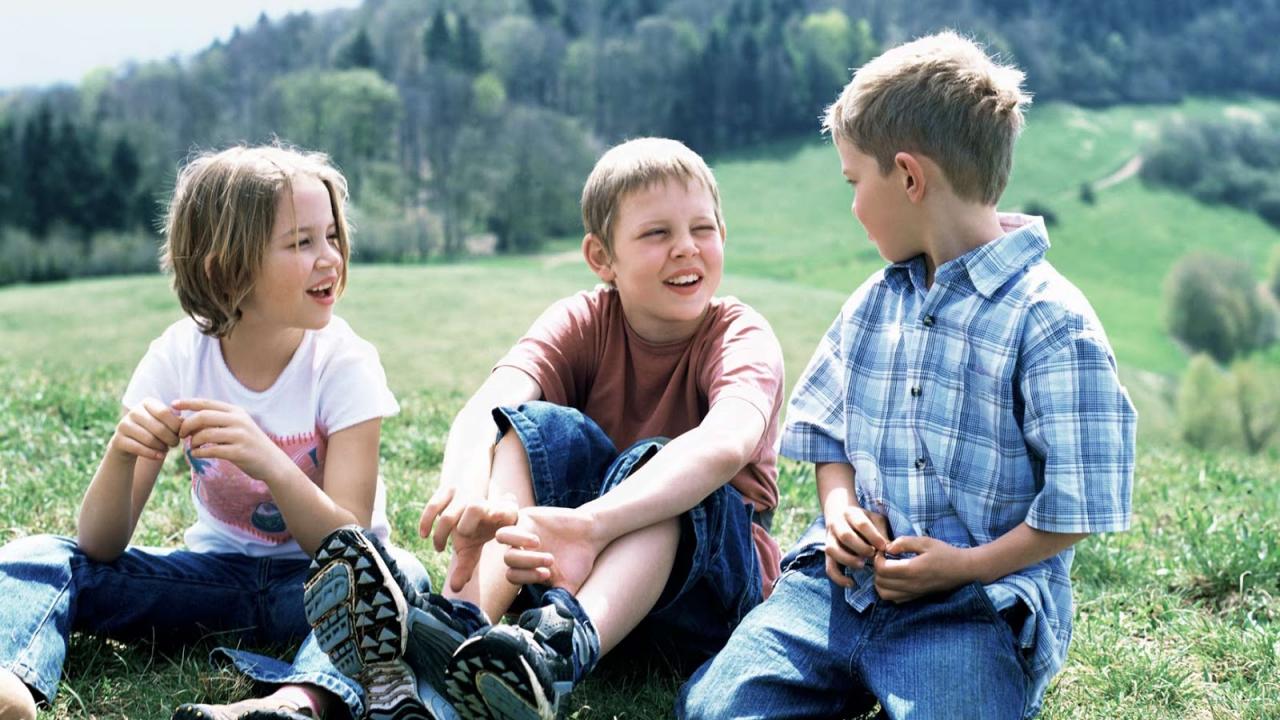Today, thousands of different languages are spoken in the world, and people who speak these languages understand each other clearly. So what happened that people started talking? Although different theories have been put forward in response to the question of how languages came to be, it seems a little difficult to say exactly when languages emerged.
Since the common language spoken in our country is Turkish, you read and understand this article. We are sure that even if we meet somewhere and have coffee, we get along very well because we have a common language. If we do not count the dead, more than 6,000 languages are spoken in the world. Well, in very, very old times, What language existed in the time of early humans? Perhaps it would be more correct to ask: How were languages formed?
There are many theories put forward as an answer to the question of how languages came to be, and some of them seem quite plausible. But which of these theories is correct or not, as people have been talking long before writing appeared? When did languages originate? It’s impossible to say for sure. Let’s take a little trip to the origin of languages.
Let’s first make a basic definition; What is tongue?
Language is actually a social contract. If you speak or write in accordance with this agreement another person who abides by this agreement will understand you. Even if the language, which is defined as a living structure, changes naturally or in a controlled manner over time, it survives thanks to its own rules.
What is the first spoken language, when did languages appear?
Obviously, it is not possible to give a definite answer to this question because there is no note in any source that ‘we learned to speak today’. But when multiple people first met, That’s when the first language was born. Later, as people grew larger and felt the need to speak together, language emerged as a social contract.
How were languages formed? There are some interesting theories on the subject:
- divine theory
- Reflection theory
- The theory of exclamations
- Association theory
Divine theory:
According to many religious beliefs, since people have descended from a single ancestor, their language is also common and unique. This language, which is thought to have been bestowed upon man by the Creator, has changed over time. In fact, according to a rumor, God changed the languages of all of them in order to punish a people who were very gossipy. These people, who did not understand each other, went to different parts of the world and today’s languages were formed in this way.
Reflection theory:
According to the reflection theory, which is one of the most striking theories about the formation of languages, Early humans created a primitive language by imitating the sounds of nature. Imitating the sounds of waves, wind, animals, thunder, and the like, humans may eventually have produced words, a language, to communicate with each other from them.
The theory of exclamations:
Even if we do not know or speak the language, we are more or less their pain, their fear, their joy and similar feelings. According to the theory of exclamations, the first language emerged from the exclamation of people in such situations. It would not be wrong to think that this method, which is frequently used when talking to babies and adults, is effective in the formation of first languages.
Association theory:
The coexistence theory is a theory based on the fact that man is a social creature that cannot live alone. Multiple people get together when they want to do a job according to the conditions of the period should talk and make joint decisions. It is because of this need that the first languages may have emerged through some kind of common agreement.

There’s a terrible experiment on how languages are formed:
The question of how languages were formed has actually puzzled many people throughout history. The scientists of that period were more concerned with the subject. examined the babies and thought that the first meaningless words they used constituted the first language. In fact, this theory was taken so seriously that an experiment was conducted with a rather terrible ending.
Although not certain, in the 13th century II. In an experiment thought to have been done during the Friedrich era a dozen babies were locked in a room. Their caregivers only fed and washed the babies. The aim was for the babies to form a language among themselves. Of course, since such a thing was not possible, babies started to die one by one and this experiment was written as a black mark in history.

There is also a successful experiment on how languages are formed among children:
When we came to the 1980s, scientists began to think that the development of languages was different, as science was a little more advanced. For example Nicaraguan Sign Language, which emerged during this period It emerged thanks to the deaf people who came together for the first time and created their own sign language in a short time.
The Leipzig Research Center for Early Childhood Development and the Max Planck Institute for Evolutionary Anthropology decided to conduct an experiment based on this sign language. Two groups of children were locked in two different rooms. A video call was started without any voice communication between them. What happened next was a clear indication of how languages came to be.
Children in the group via video call They began to communicate through gestures, facial expressions and objects. For example, paper meant painting. The white dot on someone’s shirt meant nothing. More interestingly, after about 30 minutes, the group had already developed a sign language that would describe not only concrete objects but also abstract concepts.

So what does all this mean, what is the origin of languages?
When we consider all these theories and this experiment on the subject, we can clearly say that language is indeed much more than words, It is an agreement between society. Imagine the same children humming some sounds while making these signs. Get a brand new language for you.
Of course, according to experts, the concept we call language does not occur immediately within that group. Imagine that the experimental group in question had children and that language was passed on to these children. The second generation will further develop that language. After several generations in this way, a complete language will eventually emerge. On top of that, if we consider the process of forming the grammatical rules necessary for this language to be written down, it is not difficult to understand how languages are formed.
Although the formation of languages may seem like a very unusual event, it is actually Think about the language between you and your babies, your closest friends or your lover. Most of the time, words that no one understands, perhaps that have no equivalent in any language, were not spoken? This is how language developed in primitive times.
spoken by thousands today how languages were formed, when did they appear, We answered questions such as what is the origin of languages. When we look at all these, it is understood once again how important our language is and that we should protect it more than anything else.
